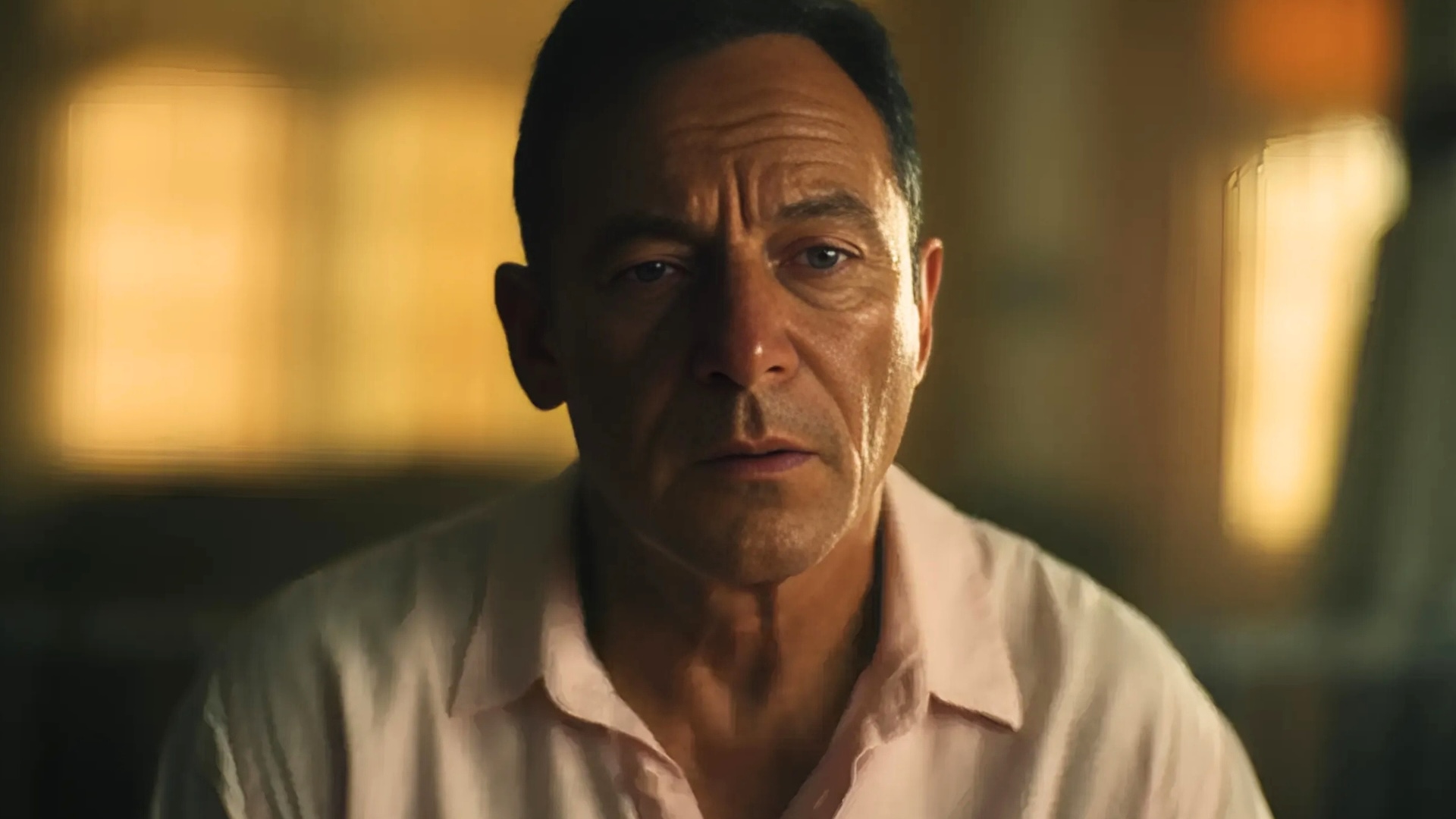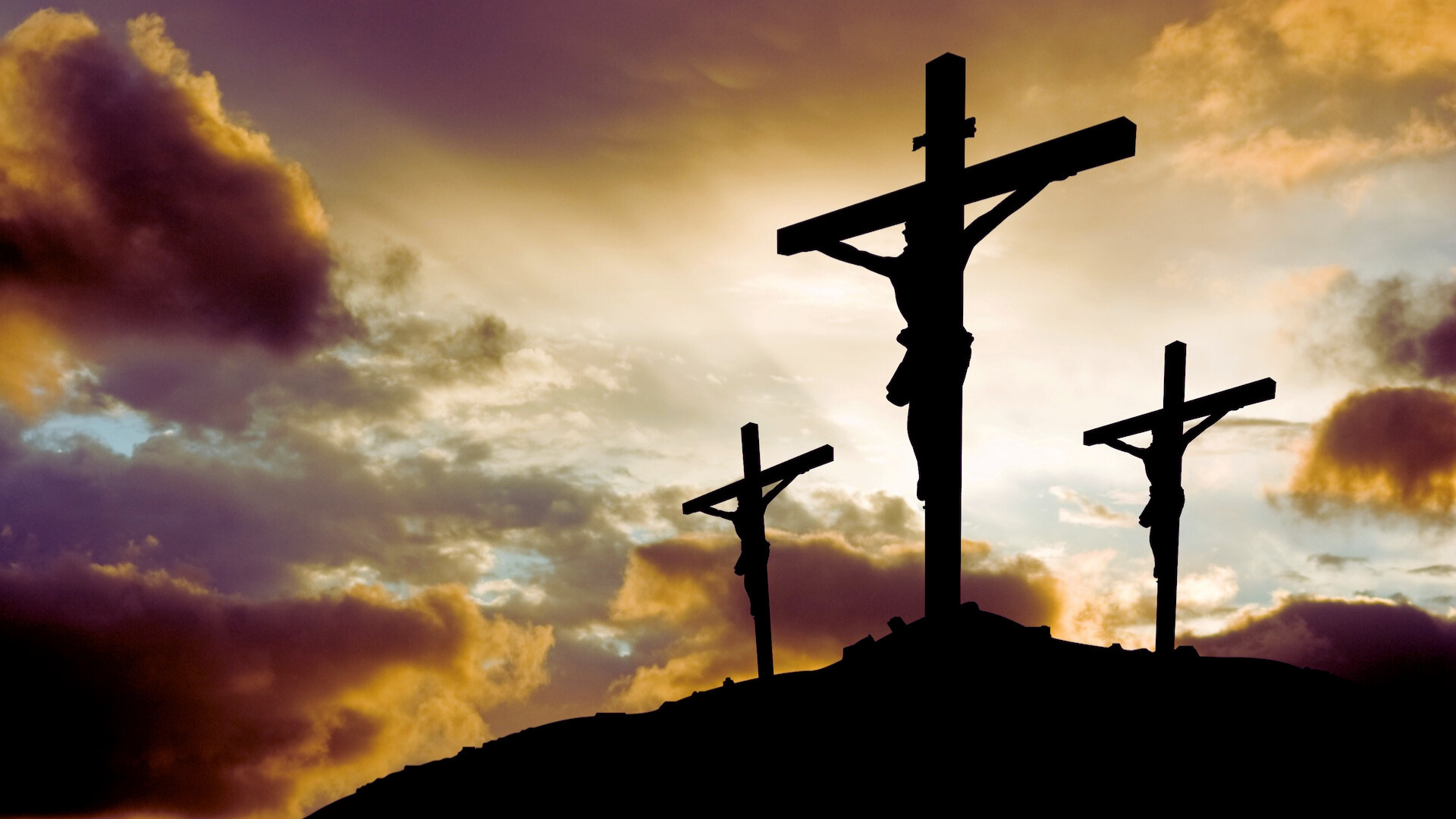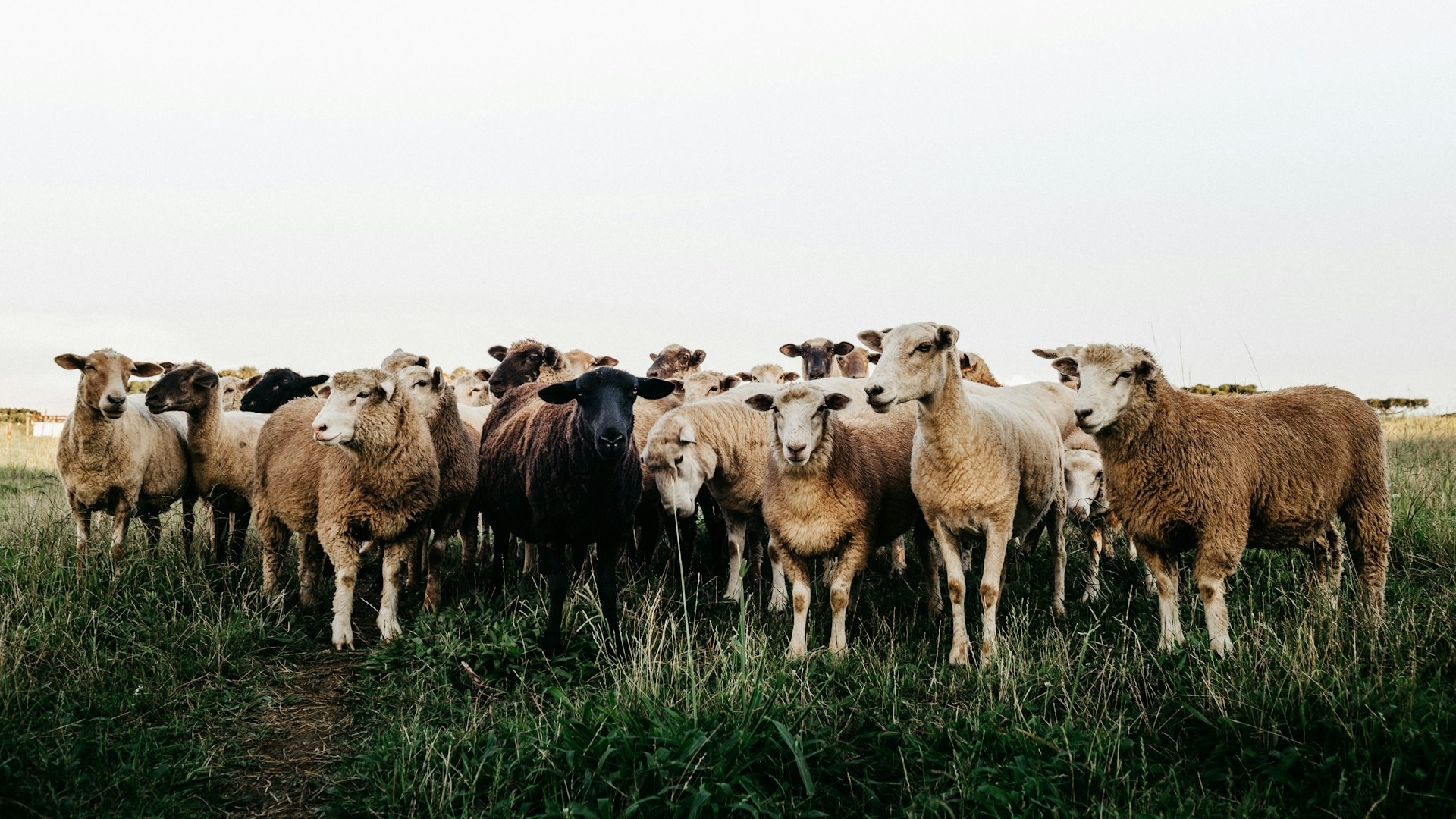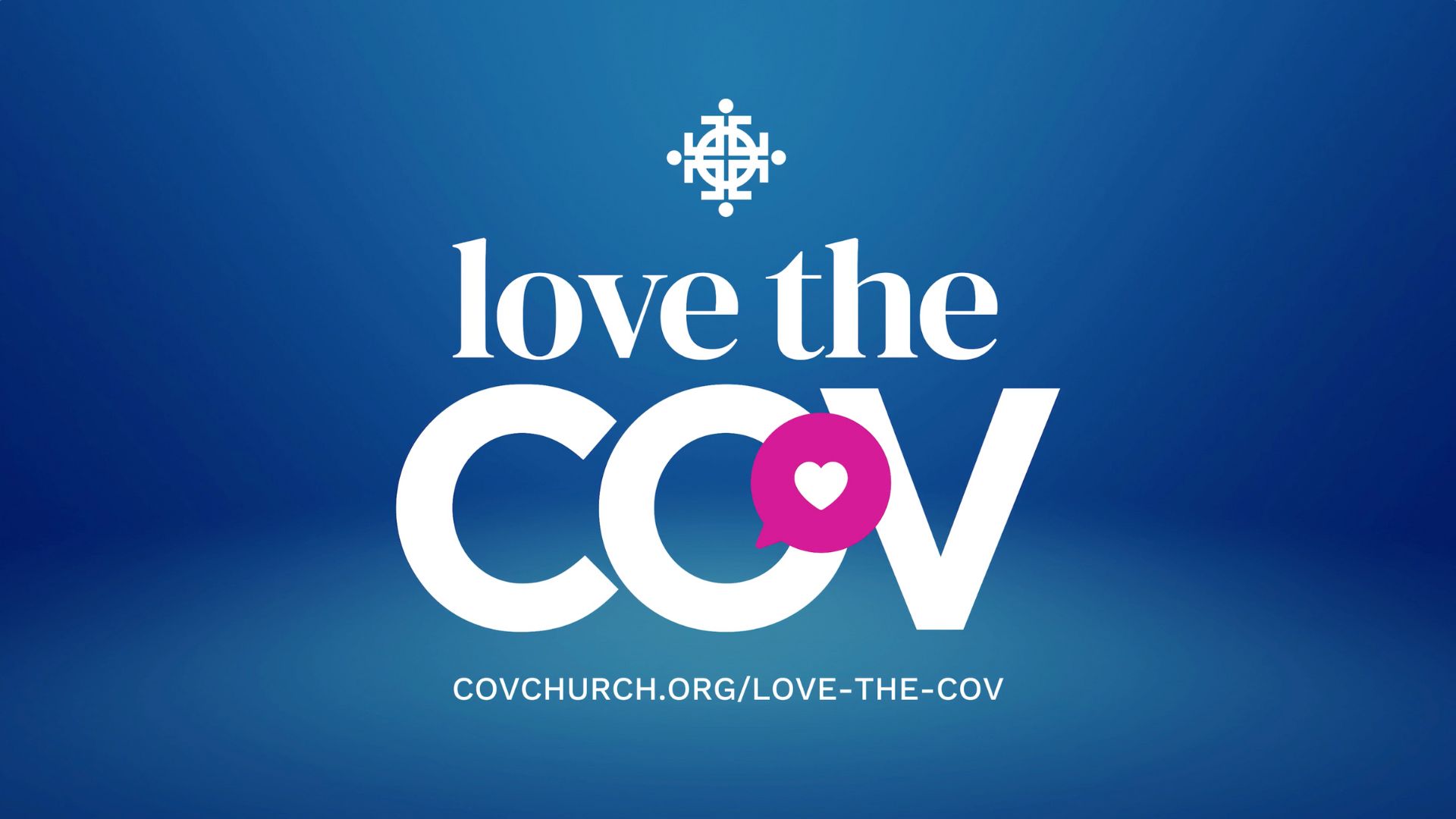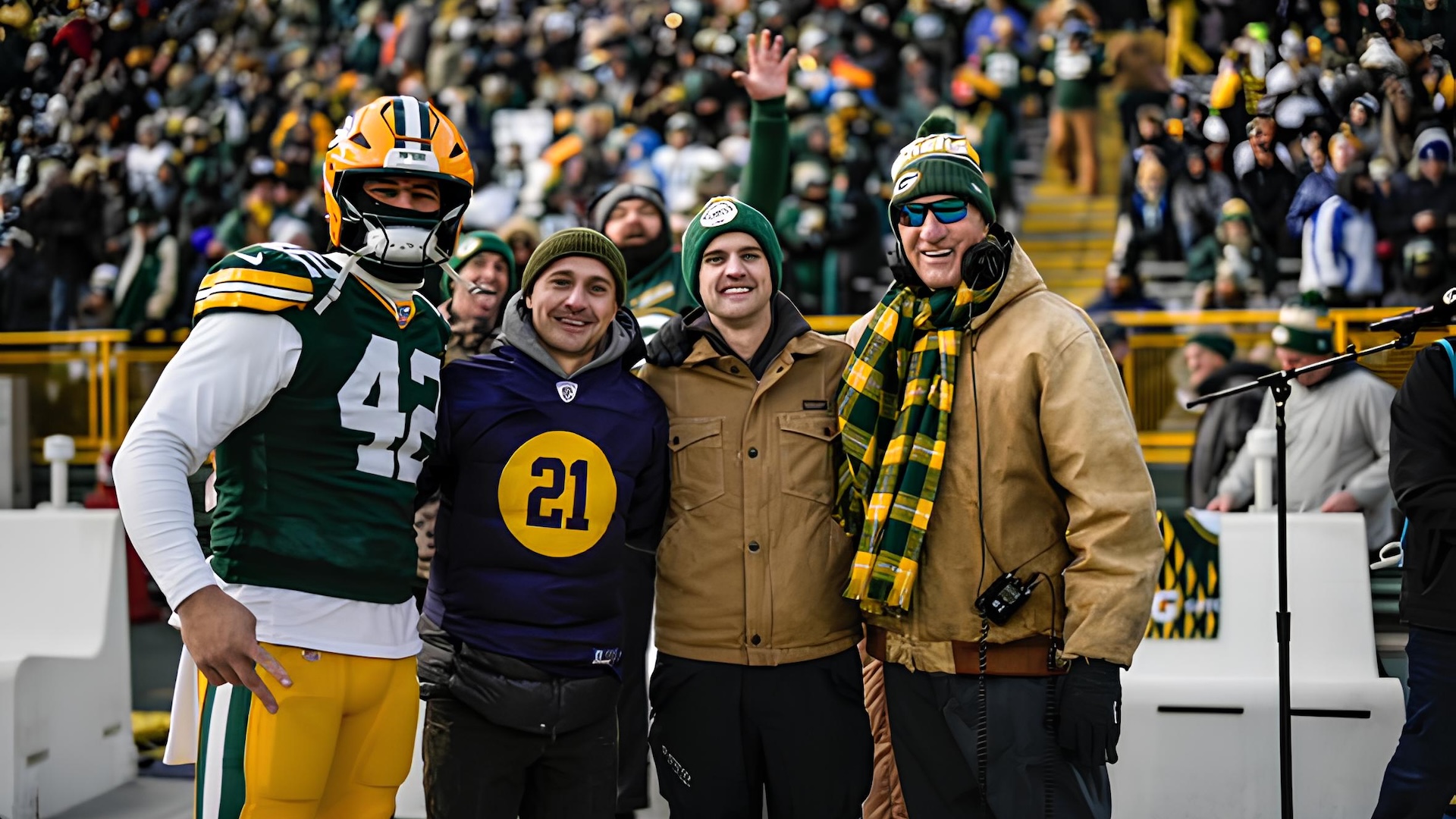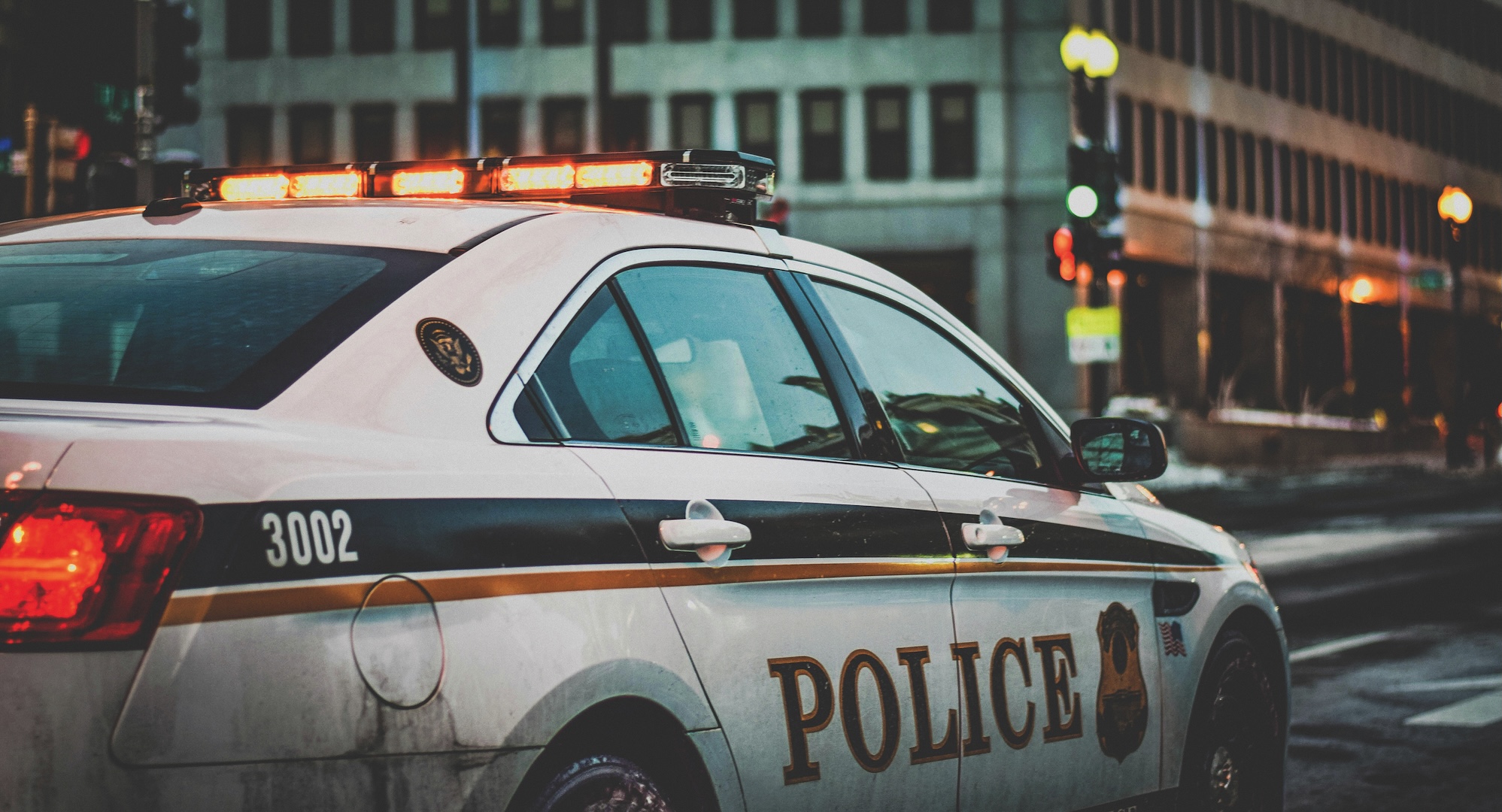By Stan Friedman
BEMIDJI, MN (January 23, 2013) – Darrell Auginash, a member of Bemidji Covenant Church, wants other First Nations people – the Anishinaabe Ojibwe (or Chippewa) – to forgive the United States government and others whose duplicity and racism led to so many deaths and continues to inflict trauma to this day.
Auginash says offering forgiveness is commanded by scripture, but also is a way for his people to break generations of “unresolved grief.” That grief dates at least back to 1850, when the government forced 3,000 Chippewa on an “arduous journey” of some 300 miles from Madeline Island in Wisconsin to Sandy Lake in Minnesota, to receive annuity payments.
The government had deceived First Nation people into exchanging land for annual annuities for as little as two cents an acre and other promises. Hoping to force the Ojibwe to move west of the Mississippi, the location for distributing the annuities was moved and scheduled for October.
The government failed to provide promised supplies and annuities until delivering some in December. An estimated 400 people died of malnutrition and exposure as a result of the delay.
The suffering of his people has continued through “the curse” that has passed down, filling hearts with bitterness and leading to numerous personal and societal tragedies. Auginash, a minister, says that forgiving the inflictor of pain will help to bring healing.
Last September, Auginash led marchers on a three-day, approximately 160-mile “Walk of Forgiveness” from McGregor, Minnesota, to Red Cliff, Wisconsin.
Auginash says the walk was different from others that have protested against injustices. “We were not protesting. We were offering forgiveness.”
In a booklet distributed to marchers, Auginash wrote, “As Christians, we believe that the resurrection life of Jesus now lives in us, empowering us to take on his mission of reconciliation. Now we have, in Christ, the power and authority to break the sin-anger-revenge cycle through forgiveness. We have the absolute freedom and power to forgive.”
Auginash and his wife, Corinne, developed “The Covenant of Forgiveness of the First Nations People, The Anishinaabe Ojibwe.” It includes Old and New Testament scriptures commanding people to forgive.
So far, Auginash has received positive feedback and has seen the Covenant agreement inspire others to forgive in different situations. People in other cities who learned of the Covenant have told him how it enabled them to forgive even abusers.
Auginash modeled forgiveness long before the walk. His nephew, Ryan, was one of five people wounded in the 2005 “Red Lake Massacre,” when a 16-year-old killed his grandfather and companion before driving to his former high school. There he shot and killed seven people and wounded five people before committing suicide.
Auginash and Ryan made a pact to forgive the shooter and visited the gunman’s relatives to say they were forgiving him. Auginash continued long after the shooting to minister to survivors, some of whom had begun to engage in self-destructive behaviors.
Forgiving and recovering from pain is rooted in the belief that Jesus died for all and that he gives power for new life, Auginash says. “Anybody can heal.”



